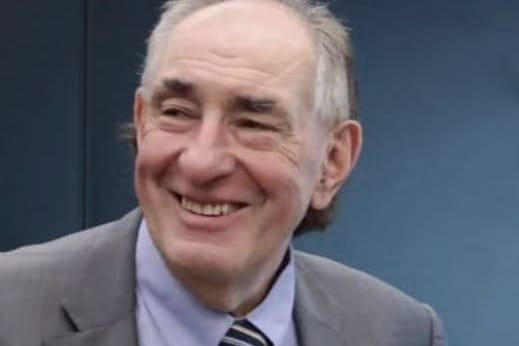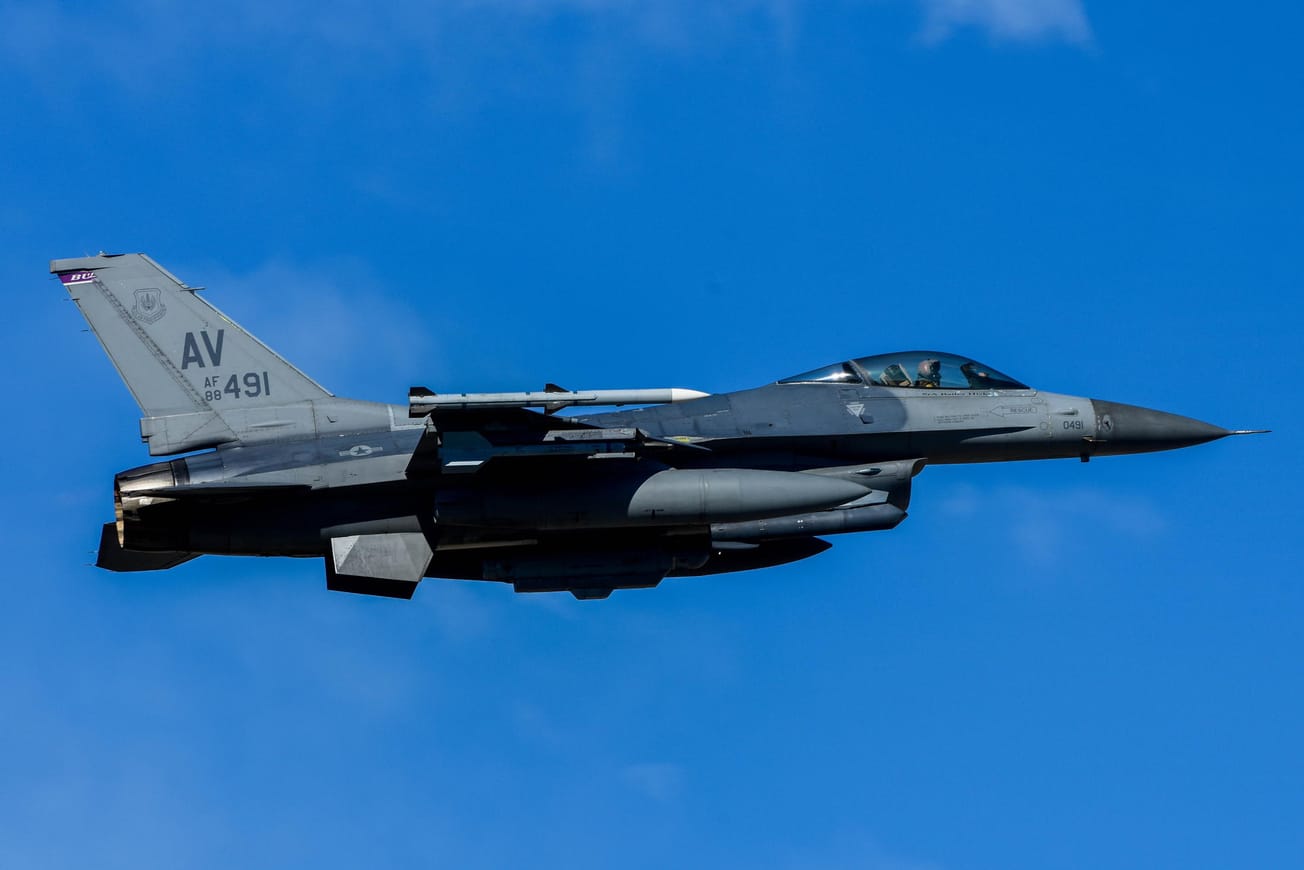Hungary’s Prime Minister Viktor Orbán, after Hungary assumed the rotating presidency of the Council of the European Union on July 1, has gone quite a ways this week in shaking up the “better to have Ukrainians die than to talk with Putin” world of the Atlanticists. On July 2, he popped up in Kyiv, meeting with President Volodymyr Zelenskyy, where he proposed a ceasefire as a way to kickstart peace negotiations between Ukraine and Russia. The next day, according to President Putin, Orbán made a last-minute request to come to Moscow. Today, over the anguished screams from the Brussels “permanent war” bureaucrats, Orbán and Putin met for several hours.
The screams began yesterday, when Orbán informed the EU officials of his plan to meet with Putin in Moscow. European Council President Charles Michel immediately posted on X that Hungary “has no mandate to engage with Russia on behalf of the EU. The European Council is clear: Russia is the aggressor, Ukraine is the victim. No discussions about Ukraine can take place without Ukraine.” Poland’s former Prime Minister Donald Tusk, who was President of the European Council in 2014-2019, added on X: “The rumours about your visit to Moscow cannot be true @PM_ViktorOrbán, or can they.” European Commission President Ursula von der Leyen has accused Orbán of “appeasement” with regards to Putin. Estonia’s Prime Minister Kaja Kallas, who is slated to take over as EU High Representative of Foreign Affairs and Security Policy and as an EU Commission Vice President, declared: “In Moscow, Viktor Orbán in no way represents the EU or the EU’s positions. He is exploiting the EU presidency position to sow confusion. The EU is united, clearly behind Ukraine and against Russian aggression.” High Representative Josep Borrell issued a press release insisting that “Prime Minister Viktor Orbán’s visit to Moscow takes place, exclusively, in the framework of the bilateral relations between Hungary and Russia,” and that it has no mandate from the EU to visit Moscow. However, he made no remark whatsoever about Orbán’s identical July 2 visit to Kyiv where he met with President Zelenskyy.
Curiously, the Kyiv Independent today was considerably less hysterical. They first reminded readers that Orbán and Putin had held talks in Beijing in October 2023, at the Belt and Road Forum, where the daily noted Orbán was the only EU national leader to attend the summit. Then, they quoted Orbán’s interview this morning with the Hungarian media outlet Telex. There, Orbán explained that he held no mandate to hold peace talks, but maintained that Hungary could be “a good tool in the hands of people who want peace.… It is difficult to measure the impact of such a meeting [on peace talks]. Hungary must know its place and its weight, and the peace talks will be handled by larger countries.” Orbán also posted on X this morning a response to his EU critics: “You cannot make peace from a comfortable armchair in Brussels. We cannot sit back and wait for the war to miraculously end.” Separately, in his regular Friday morning interview with Kossuth Radio, he explained: “What I do looks like negotiations in format, because we sit at tables and discuss issues, but we don’t negotiate. That’s why I don’t even need a mandate, because I don’t represent any party.” Rather, his idea was to get Ukraine and Russia to begin “a long journey that could end in a ceasefire and peace talks.” Hungary is one of the two EU and NATO member states that borders Ukraine, where there is an ethnic Hungarian minority. Orbán’s government has been consistently vocal about the need for peace.
Today Putin greeted Orbán, saying: “Mr. Prime Minister, colleagues, welcome to Moscow, to Russia. I know that this time you have come not only as our long-standing partner, but also as the President of the Council of the European Union. I hope we will have the opportunity to exchange views on building bilateral relations in this difficult situation and, of course, to discuss the possible scenarios for the largest European crisis—I am referring to Ukraine. I know that quite recently, on July 2, I think, you visited Kyiv, and now you have come here to discuss in detail the situation that has arisen in Ukraine. I am at your disposal.
“You are probably aware of my recent address to top officials of the Foreign Ministry here in Moscow, which summarized our stance with regard to the possible peace settlement. And of course, I am ready to discuss some of the details with you or explain them to you. I hope you will acquaint me with your personal stance and the stance of the European partners…. In any case, we are delighted to see you and we have much to discuss….”
To which Orbán responded with two reasons for his wanting to meet, as the Kremlin retranslated his remarks: “Mr President, thank you for meeting with me today…. As you have mentioned, Hungary took over the rotating presidency of the Council of the European Union on July 1. Our last meeting was before the war; we met in February 2022. This is exactly why these two meetings are different.
“I am very grateful to you for agreeing to see me even in such a difficult situation. I must tell you that the number of countries that can talk to both sides of this conflict is rapidly declining. Hungary will probably be the only country in Europe soon that will be able to talk to all parties. I would like to take this opportunity to discuss a number of important issues with you. I would also like to find out your opinion on several matters that are important for Europe. Thank you.”






